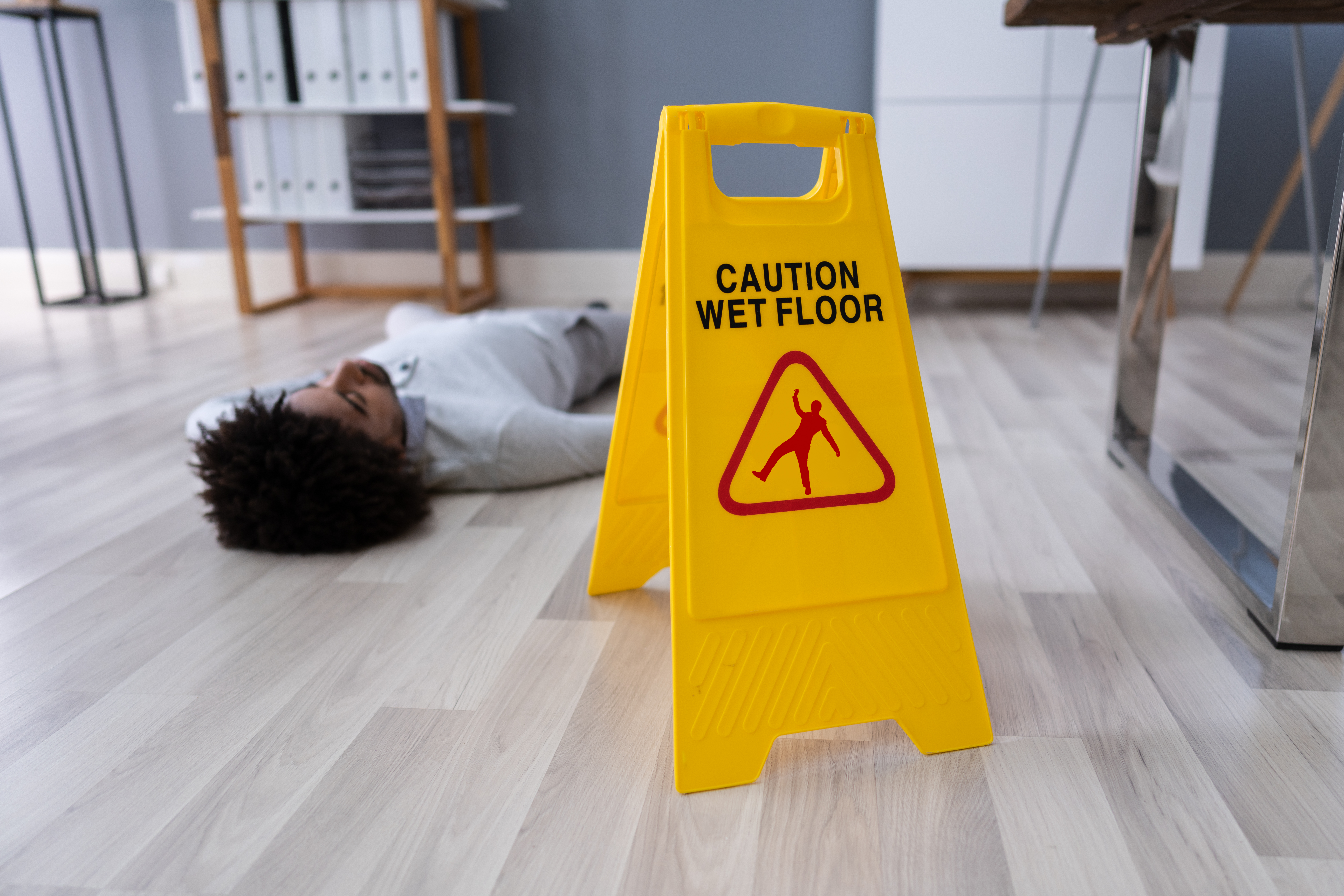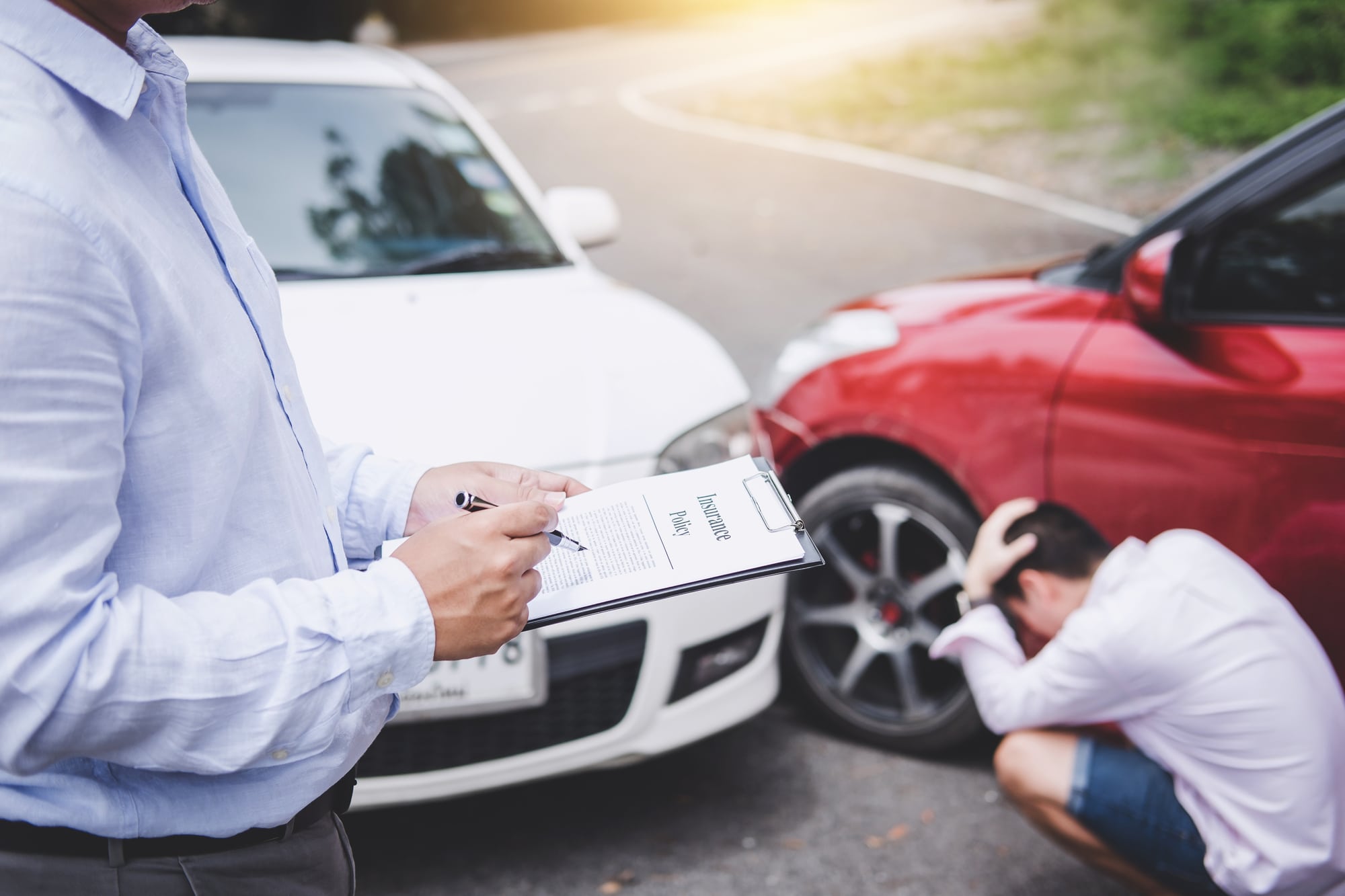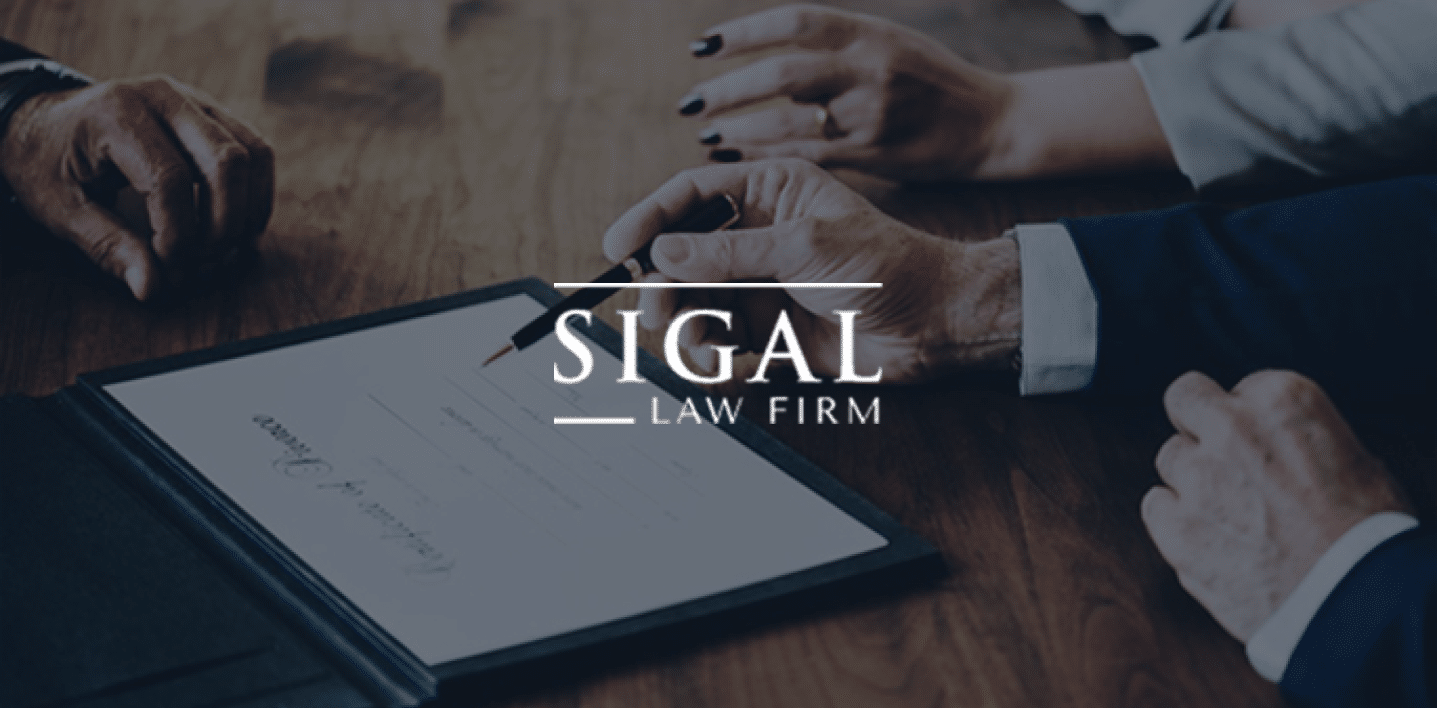What Could Be Different About Slip and Fall Cases Depending on Where They Occurred?
When you are injured in an accident that may have been someone else’s fault, you might want to consider seeking compensation for your losses. That’s true whether you’re dealing with a pedestrian accident, a car accident, or a slip and fall.
In any type of accident case, the facts matter. Where and how an incident occurred can impact who you need to sue for compensation and what type of evidence you may need to make your case. For example, there are some differences that might occur in slip and fall cases depending on whether you were injured on residential property versus commercial property.
Who May Be Liable for the Injuries?
One important consideration in a slip and fall case is who might be liable for the injuries. While every case is different—and you can consult a personal injury attorney to understand what might be best in your case—here are some big-picture liability considerations depending on where an accident might happen:
- You slip and fall in your own home (that you own). In this case, you are the property owner, so if there are any mitigating factors to the fall, you would be the person who is responsible for them. Typically, you would look to your own insurance policies to help cover medical costs associated with your injuries. That may start with your health insurance policy. If you have accident or disability insurance, those coverages might also kick in. In some cases, homeowners insurance might cover some losses once you exhaust your other coverages.
- You slip and fall on a residential property owned by someone else. Typically, homeowners insurance policies that include medical payments will help cover some basic medical costs associated with an accident on a property. That’s true regardless of who is at fault in the accident. So, you may be able to get some coverage for medical expenses from the homeowner’s insurance as well as your own health insurance. If you are seeking compensation that goes beyond basic medical coverage, you may need to sue the homeowner and demonstrate that their negligence was at least partly at fault in the accident to potentially access other coverages under their insurance.
- You slip and fall in a commercial location, such as a store or office building. In these cases, there might be more than one at-fault party that you would need to name in a lawsuit when seeking compensation. For example, if the owner of a property has a property management company overseeing the location and there is a commercial tenant renting and running the storefront, there are three potential parties to name in the lawsuit. A personal injury lawyer can help you understand what parties you would need to name in a lawsuit if you need to file one to seek compensation after a slip and fall.
What Are the Responsibilities of Property Owners?
Any type of property owner—commercial or residential—has a duty of care under the law to help ensure the safety of people invited onto the property. That means ensuring walkways and other areas are free of hazards that a reasonable person might believe would contribute to slip, fall, and trip risks. Alternatively, when such hazards exist, the property owner has a responsibility to ensure that there are clear warnings or that people know to avoid those areas.
The burden of this responsibility is, naturally, a bit heavier on commercial property owners. That’s due in part to how many people will likely be on those properties and the open nature of the invitation to those properties.
What Do You Have to Prove in a Commercial Slip and Fall Case?
While commercial property owners have a higher burden of care in these matters, it’s also true that the plaintiff may have a higher burden of proof. Because there has been a history of bad faith lawsuits, such as fraudulent slip and fall cases, you need to prove that your case is legitimate.
Some of the things you may need to prove in a commercial slip and fall case include:
- That you are filing the case within the statute of limitations
- That you have the injuries you claim and that they are the reason for specific losses, such as medical expenses and lost income
- That the injuries you have are directly related to a slip and fall on the premises in question
- That the injury was the fault of (or partly the fault) of someone else’s negligence or actions
- That you did not substantially contribute to fault in the accident (in Michigan, you cannot collect compensation if you are more than 50% at fault in the incident)
Work With an Experienced Personal Injury Attorney
If you have been injured in a slip and fall, contact a personal injury attorney to discuss your case. An experienced slip and fall lawyer can help you understand what type of case you’re dealing with, who might be the at-fault party or parties, and what your next steps should be. They can also work with you to gather evidence and make a case for compensation.
Contact the personal injury law team at the Sigal Law Firm today to find out more about how we can help with your slip and fall case. Make an appointment by calling 248-671-6794.















